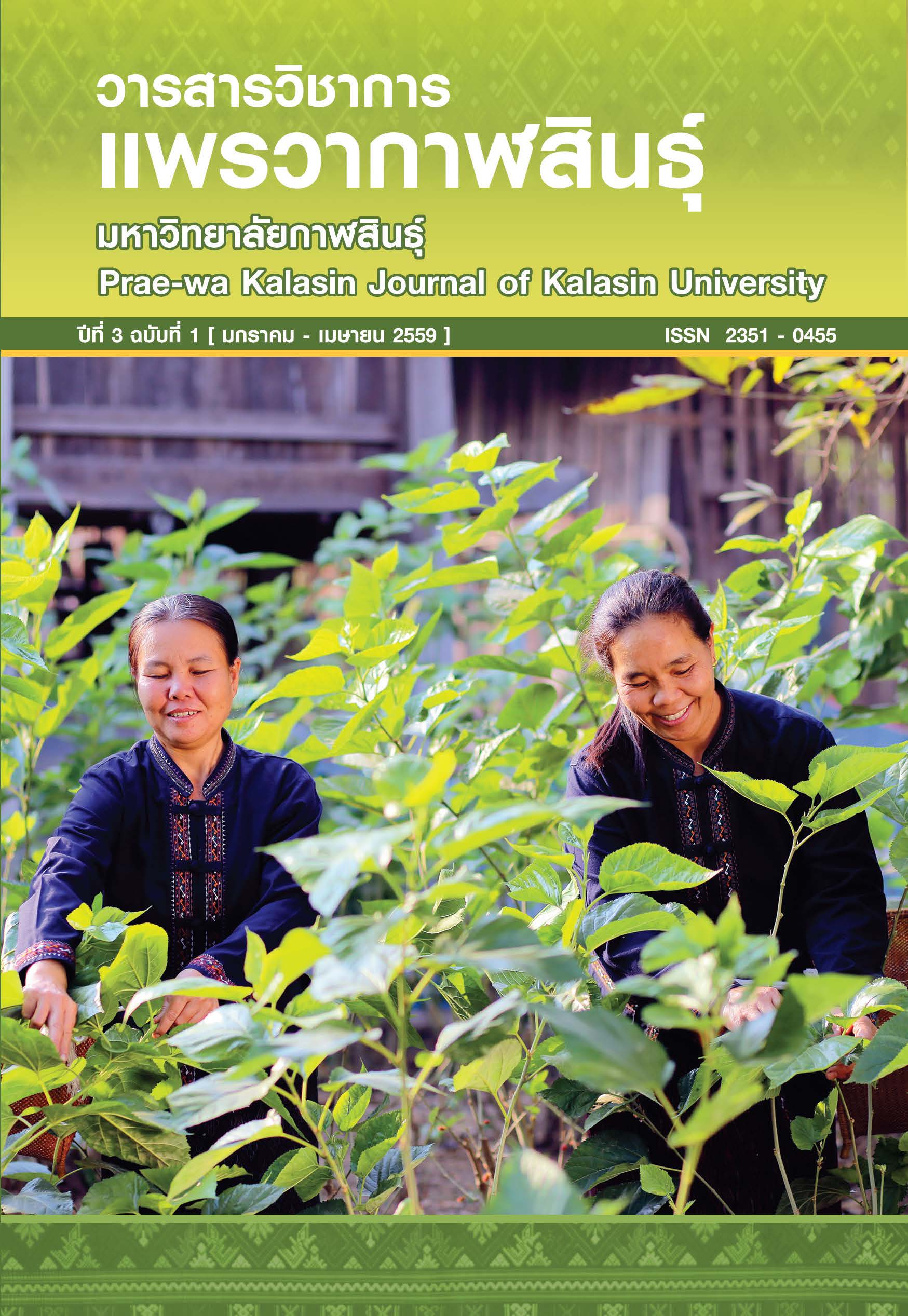Instructional Development of Teachers Through Constructivist Classroom
Main Article Content
Abstract
บทความนี้มีวัตถุประสงค์เพื่อนำเสนอแนวทางการจัดการเรียนการสอนตามทฤษฎีสรรคนิยม โดยแบ่งการศึกษาได้แก่ แนวคิดพื้นฐานของทฤษฎีสรรคนิยมวงจรการสร้างความรู้ ความแตกต่างระหว่างการสอนแบบดั้งเดิมกับการสอนตามทฤษฎีสรรคนิยมแนวทางการจัดการเรียนรู้ และประโยชน์และข้อจำกัดของการเรียนการสอนตามทฤษฎีสรรคนิยม ทฤษฎีสรรคนิยมเป็นทฤษฎีที่มีความเชื่อว่าผู้เรียนสามารถเรียนรู้ได้ด้วยตนเองโดยอาศัยประสบการณ์หรือความรู้เดิมที่มีอยู่เชื่อมโยงเข้ากับความรู้ใหม่จนเกิดการปรับโครงสร้างทางปัญญาได้เป็นองค์ความรู้ใหม่ขึ้นมา โดยบทบาทผู้สอนนั้นต้องเป็นผู้จัดสภาพการณ์ให้ผู้เรียนเกิดความขัดแย้งทางปัญญาผ่านการปฏิบัติกิจกรรมเรียนรู้ร่วมกันหรือกระบวนการแลกเปลี่ยนเรียนรู้ซึ่งกันและกันจนนำไปสู่การสร้างองค์ความรู้ใหม่อันเป็นผลผลิตสุดท้ายของกระบวนการเรียนการสอนตามแนวคิดทฤษฎีนี้
The objective of this article is to present the ways of instructional development based on constructivism. The study involved basic concept of constructivism, cycles of learning construction, differences between traditional method and constructivism-based method, ways of learning management and limitations of instruction based on constructivism. Learners can construct knowledge by themselves through assimilation between prior knowledge and new knowledge leading to the cognitive assimilation. More importantly, teachers must set the conditions leading to the cognitive conflict through cooperative learning or sharing process. The new knowledge is finally constructed through learners’ real learning procedures.
Article Details
Section
Articles (บทความ)

